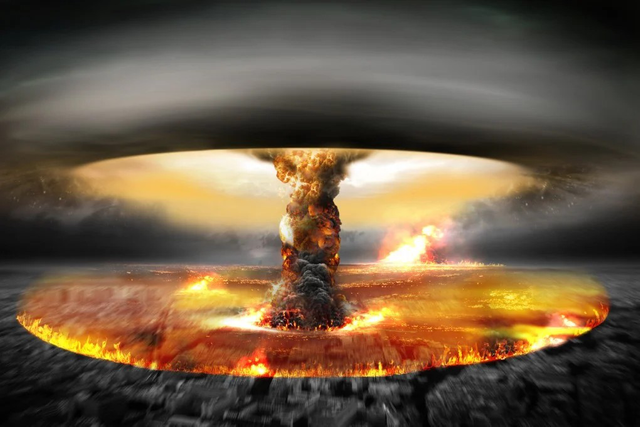Chinese scientists have made an important discovery that could increase survival rates for individuals exposed to intense radiation, such as after a nuclear explosion or during cancer radiotherapy. The study, conducted by researchers in China, found that eliminating specific proteins involved in the body's immune response to cancer or viruses could provide substantial protection against radiation damage and improve outcomes of cancer radiotherapy.

https://newshedline643.blogspot.com/2025/02/blog-post_20.html
Exposure to radiation from nuclear fallout or radiotherapy can cause extensive DNA damage, leading to massive cell death, known as apoptosis. This damage can be particularly severe in cancer patients undergoing radiotherapy, often resulting in gastrointestinal syndrome and death.
The research suggests that by eliminating certain proteins, the body can better withstand the harmful effects of radiation, potentially improving survival rates in both medical and catastrophic scenarios.
This discovery could have profound implications for public health, especially in the context of nuclear warfare. According to some studies, more people may die from the radioactive fallout of a nuclear war than from the effects of the immediate blast.
The findings of this study could therefore play an important role in developing treatments to reduce the long-term health effects of radiation exposure.
In addition to medical applications, this research could also contribute to broader strategies for survival in the event of a nuclear disaster. Chinese state media have previously published advice on how to protect yourself from a nuclear attack, including lying in a trench, covering exposed skin, and using water to wash away radioactive contamination.
While the immediate benefits of this discovery are promising, further research and practical applications will be needed to fully realise its potential in both medical and emergency contexts. This study is an important step in understanding how to protect human health from the devastating effects of radiation exposure.
The research also highlights the continued need for preparedness and education about the potential risks of nuclear war. As global tensions continue to evolve, advances such as these could be vital in safeguarding human lives in the face of unprecedented threats.